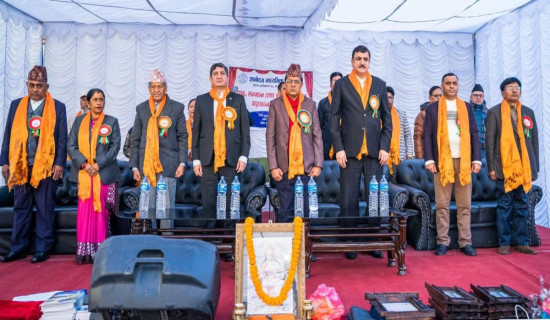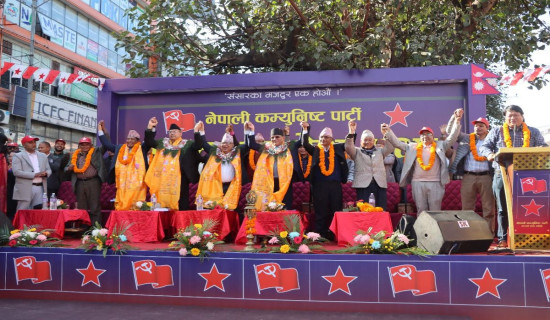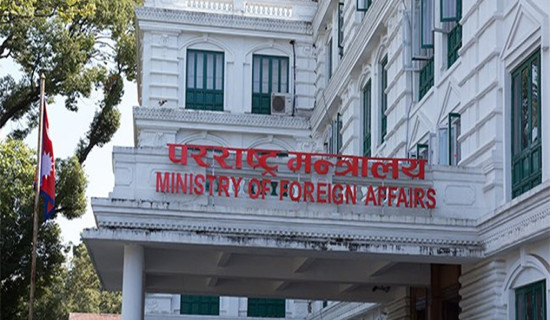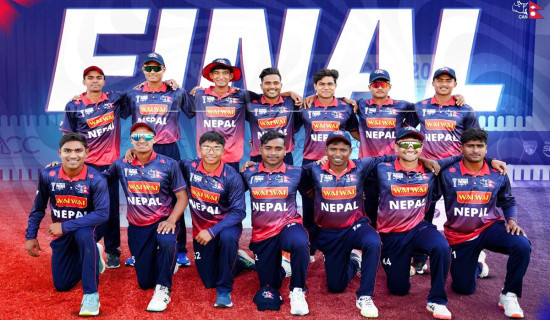- Monday, 1 December 2025
'Women shoulder heavier load during festivals'
Durga Devkota
Tikapur, Sept 30: Family reunions and gatherings are central to the Dashain festival, and Tikapur is no exception. As in many parts of the country, people who were away for work or abroad have returned home to celebrate. While these reunions bring happiness and restore family bonds, they also come with an increased workload especially for women.
Despite being a time of joy, festivals don’t feel festive for everyone. Traditional gender roles still dominate household dynamics, where women are primarily expected to take care of all domestic responsibilities. During festivals, these expectations multiply from deep-cleaning the house, to cooking large meals, to serving guests from morning till night. For many women, the festival season brings physical exhaustion rather than relaxation.
Sadhana Saud from Bhajani municipality says she is overjoyed to have her husband home after two years working abroad. But at the same time, she admits her routine has become overwhelming. “Our house is full of guests. I barely find time for myself,” she shared. “I had planned to go out with my husband after he came back, but I haven’t been able to manage even a few hours.”
She says her day starts at 4:00 am and doesn’t end before 11:00 pm. “All day I’m either in the kitchen or serving guests. I don’t even get time to sit down properly.”
Draupadi Timilsina from Tikapur said, “You’ll see women rushing around, cleaning, cooking, and attending to everyone, while the men are out enjoying, playing cards, or just relaxing. It’s the same every year.” She adds that women hardly get time to read, explore new things, or simply rest.
However, Draupadi considers herself relatively 'fortunate' as her husband supports her and shares the household responsibilities, especially during festivals. “We plan things together. We divide work and make financial decisions jointly. That helps reduce stress,” she says.
For working women, the challenges are even greater. Janaki Kuwar points out how balancing a job and festive duties is almost impossible without support at home. “If the family doesn’t step up, the festival becomes a burden rather than a celebration. Everyone deserves to enjoy the festival not just men.”
Rights activist Chandrawati Sharma raises concerns about how society tends to normalize men indulging in alcohol and gambling during festivals, while women are expected to silently take care of everything at home. “Festivals are for everyone, but the way our traditions work, it ends up being unequal. That needs to change.”
“When women are burdened with all the household work and men spend their time gambling or drinking, it often leads to family disputes and conflict. But when responsibilities are shared, festivals can truly bring happiness to all members,” she added.
Another rights advocate, Kaushalya Khanal, viewed how patriarchal values continue to shape household roles. “The traditional division of labour is not only unfair, but also largely violates the human rights of women. It reinforces inequality and leads to various forms of violence against women."
She added, “We need to raise our children, regardless of their gender, with a sense of shared responsibility at home. Everyone should contribute according to their ability.”
Health professional Hema Gyawali has a simple but important piece of advice for women: don’t forget yourself. “It’s okay to take time for personal care. Festivals shouldn’t come at the cost of your health. Find a little time to rest, to do yoga, or just breathe.”
She stressed, “Festivals are for joy, for family, and for creating memories, but that joy should be shared equally. We need to build a culture where household duties are shared, spending is thoughtful, and decisions are made together. When the entire family members including women are happy, it obviously brings peace and harmony to the home and the wider community."(RSS)

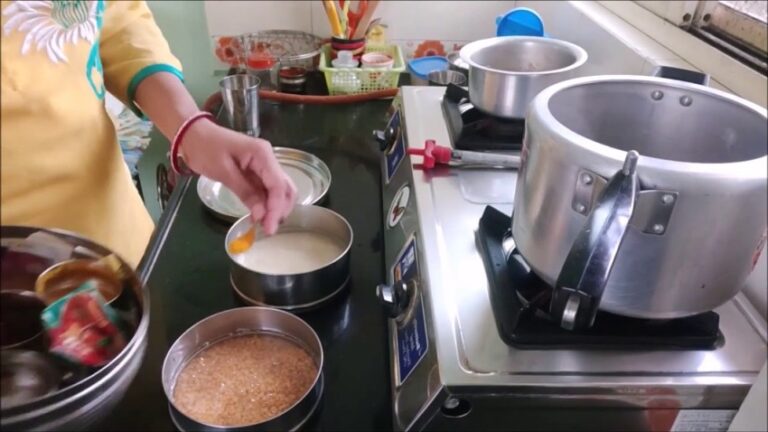



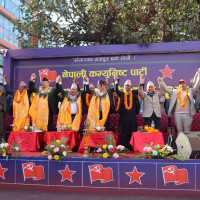
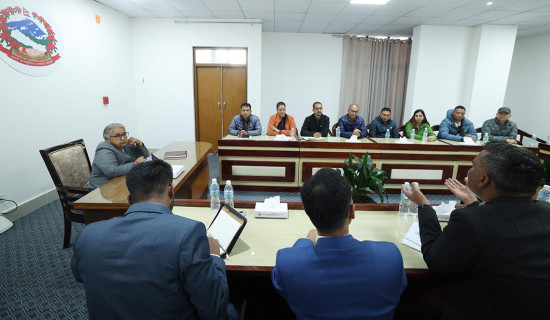
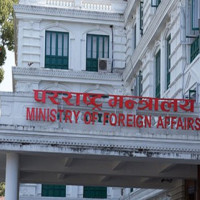
-square-thumb.jpg)

